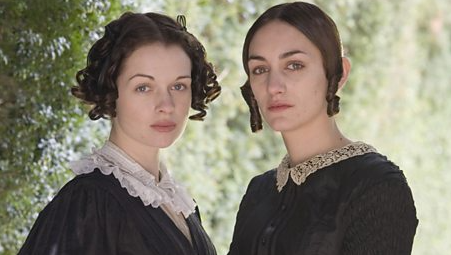Jane Eyre’s Relationship with Mrs. Reed
Jane Eyre, a timeless classic by Charlotte Brontë, delves deeply into themes of identity, social class, and the struggle for autonomy. One of the most significant relationships in the novel is that between Jane and her aunt, Mrs. Reed. Understanding this relationship is not only pivotal for grasping Jane’s character development, but it also sheds light on larger societal issues of the Victorian era.
The Nature of Neglect and Abuse
From the outset, Jane’s relationship with Mrs. Reed is fraught with neglect and emotional abuse. Mrs. Reed treats Jane as an outsider, a burden rather than a family member, which profoundly shapes Jane’s self-perception. Living in the Reed household, Jane faces constant ridicule and physical punishment, notably from her cousin John. This neglect reveals the harsh realities of childhood for many orphans and serves as a critique of how societal norms allow for such injustices. Understanding this dynamic helps readers empathize with Jane and highlights her resilience in the face of adversity.
The Impact of Class and Gender
The relationship between Jane and Mrs. Reed also exemplifies the class and gender dynamics of the Victorian era. Mrs. Reed holds a higher social status and uses it to assert her power over Jane. This disparity emphasizes the limitations placed on women, particularly those who are in lower social standings. By detailing Jane’s struggles for acceptance within her aunt’s home, Brontë invites readers to reflect on the issues of power and inequality. Jane’s fight for recognition and self-worth against Mrs. Reed’s condescension serves as a powerful commentary on women’s roles in society.
The Journey Towards Independence
Ultimately, the tumultuous relationship between Jane and Mrs. Reed serves as a catalyst for Jane’s journey towards independence. As Jane matures, she rebels against her aunt’s authority, which leads to her eventual departure from Gateshead. This act illustrates her courage and desire for autonomy, setting the stage for her future relationships and experiences. By breaking free from her aunt’s oppressive rule, Jane begins to define herself on her own terms, which is a crucial aspect of her character development throughout the novel.
In conclusion, the relationship between Jane Eyre and Mrs. Reed is a microcosm of broader societal themes. It reflects issues of neglect, class, and the quest for autonomy that resonate even today. By exploring this dynamic, readers not only gain insight into Jane’s character but also engage with critical social issues that remain relevant. I encourage you to further explore this captivating novel and consider how these themes apply to modern society.
